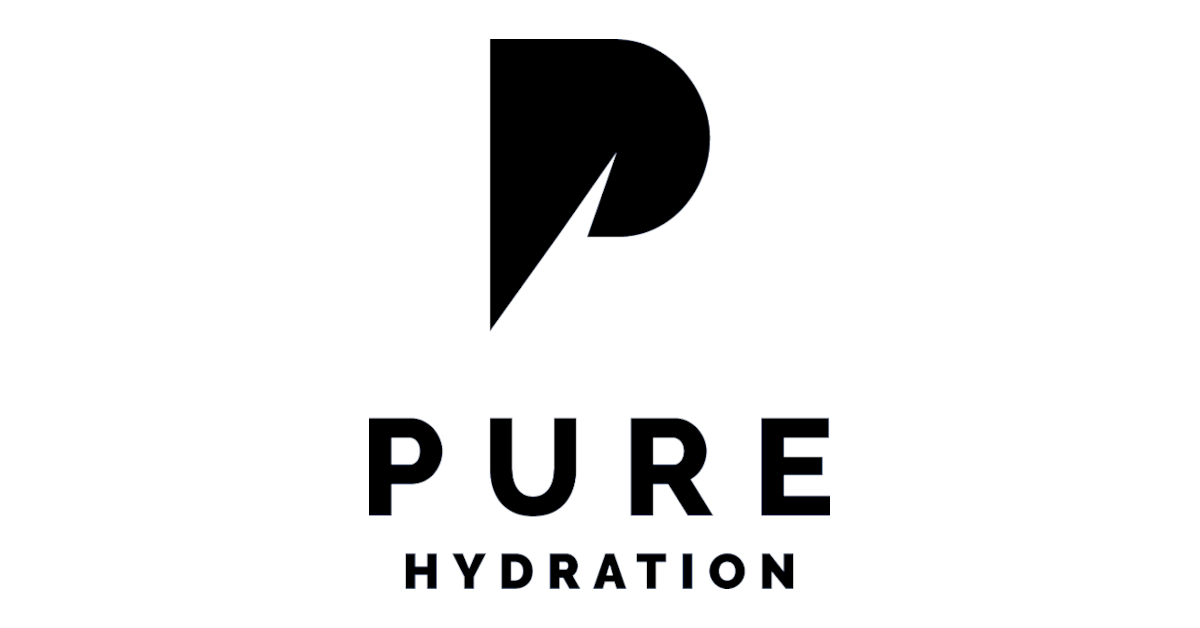my understanding is that virus cant "live" long unless it is attached to something. a virus is only really an issue where the water passes through any urban or populated aria. true wild water sources with little interference by humans are unlikley to have virus just bacteria,protozoa or parisites.
Viruses can't replicate (reproduce) without highjacking the cell machinery of their host cells to do all the heavy lifting for them. The free-floating virus particle is just an elaborate protective carrier containing the genetic code of the virus, with the sole job of getting that genetic code from one host cell to another, and it is actually quite sturdy.
Under favourable conditions, virus particles can "survive" (that is, remain infectious) for a very long time, however there are lots of things that will inactivate or destroy virus particles. In addition to chemicals and cleaning solutions, more natural things like high temperatures and UV-light will damage them, so the longer a particle is exposed to sun light, the bigger the risk of it being damaged to the point where it no longer can successfully infect a host cell. Virus particles can also get stuck to surfaces (due to electrostatic forces) or bundled up by ions and, since they can't actively move or do anything really, that can mean the end of that virus particle.
Different groups of viruses have very different structures, so how sensitive they are to different destructive forces varies quite a lot. Viruses also have rather specific host ranges, so of the 10,000,000 or so virus particles present in every millilitre of freshwater, the majority will not be able to infect humans. Sounds great, but the problem is that for many viruses it doesn't take a lot of virus particles to make us ill. Also a sick person (or animal for viruses that can infect both) usually produce a boat load of viruses that gets released into the environment with their "outputs". So even if you think you're far away from anywhere populated, you just don't know what's there.
Between the disease microbes and various harmful chemicals/compunds from populated areas and modern life in general (farming, industry, roads) and heavy metals from our mining legacy, I really would avoid drinking water from most streams and any UK river even if filtered. If you had a really capable and well-maintained filtering/treatment system and it was a one off? -- maybe, but I'd still rather explore any other options first.






 ...
...



